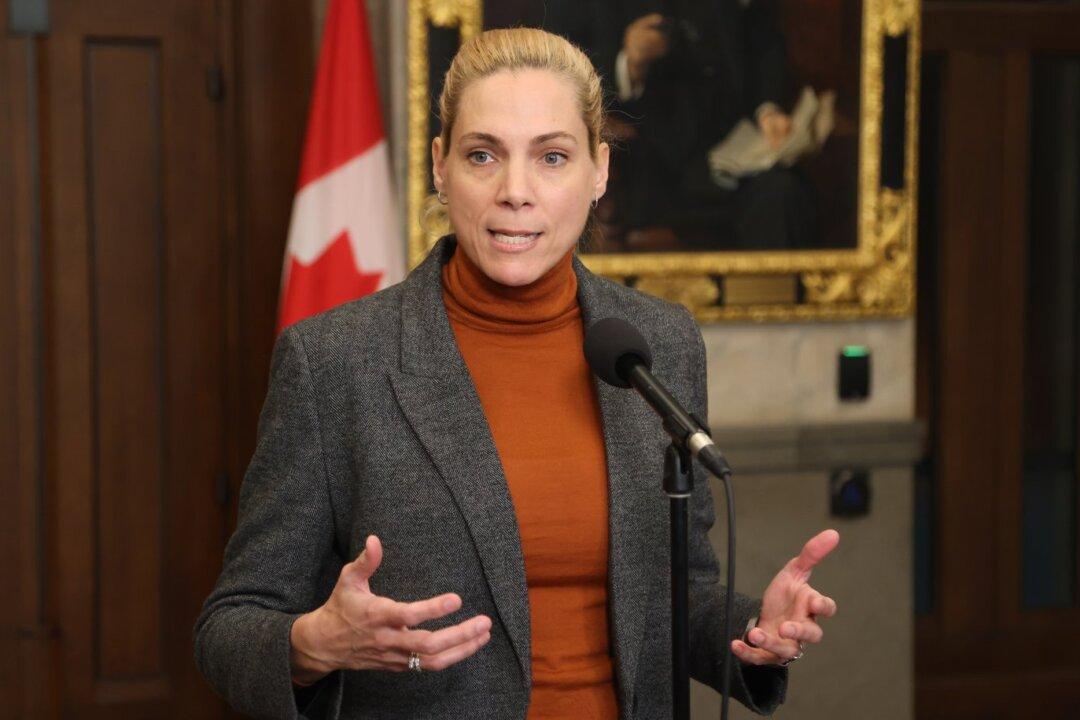Heritage Minister Pascale St-Onge is proposing an overhaul of CBC/Radio Canada’s mandate, which entails nearly doubling its $1.4 billion in federal funding and implementing a more “stable” funding process for the public broadcaster.
The average funding for public broadcasters in G7 countries like England and Germany is $62 per person, St-Onge said during a Feb. 20 press conference in Ottawa, saying Canada ranks “next to last” with an annual investment of $33 per capita.





